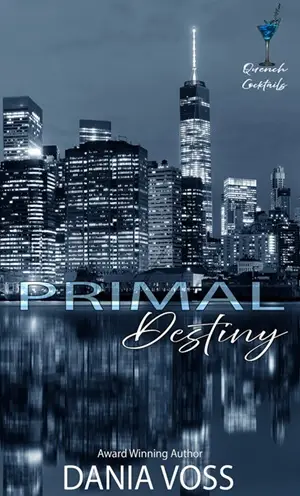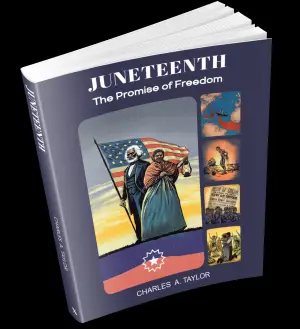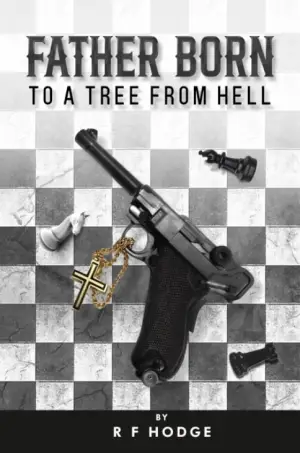Review of The 21-Day Financial Fast by Michelle Singletary
As an avid reader, I am always on the lookout for books that offer practical advice and transformative strategies. The 21-Day Financial Fast caught my attention as it promises to teach readers how to manage their finances intelligently and with a purpose. With the current economic climate making everyone reevaluate their financial habits, I thought this would be the perfect read for my personal journey toward financial peace.
Michelle Singletary, an award-winning writer and Washington Post columnist, outlines a straightforward yet challenging financial plan: for 21 days, participants must abstain from all non-essential purchases, relying solely on cash for basics like groceries and medicine. The premise is simple yet profound: by cutting down on spending and reflecting on your financial habits, you’ll discover a new perspective on wealth and what you truly need.
From the get-go, I found the approach refreshing. Singletary’s emphasis on understanding one’s spending psychology resonated with me. Many readers have echoed this sentiment, with one reviewer, A. Kay, noting that although the book contains elements that lean toward a fundamentalist Christian perspective, the core message is powerful enough to transcend personal beliefs. I appreciated the actionable exercises in each chapter, especially the budgeting worksheets and reflection questions that prompt deep thought about personal finances.
One significant positive aspect of the book is its focus on long-term financial health. Singletary encourages readers to consider concepts like creating a "Life Happens Fund" for emergencies or preparing for long-term care expenses. This perspective is vital in a world where many people live paycheck to paycheck. The practical steps outlined in the book make it easier for anyone—regardless of their starting point—to implement changes in their financial lives.
However, I do have to acknowledge some drawbacks. As noted by Arteest D, who appreciated the biblical insights in the book, some readers may feel deterred by the heavy reliance on scripture and Christian values. If you’re not particularly religious or comfortable with such references, you might find parts of the text somewhat alienating. While I personally found it enriching, I can see how this aspect could limit the book’s appeal to a broader audience.
Another drawback is that while the 21-day challenge is undoubtedly impactful, it might be unrealistic for some readers who have entrenched spending habits or specific lifestyle challenges. Karla Karoma highlights the importance of ongoing discipline, stating that doing a financial fast quarterly can keep one on track. But for those who struggle with self-discipline, doing the fast just once may not yield lasting changes.
In terms of personal experience, I found that following Singletary’s advice opened my eyes to my habitual spending triggers. Like A. Kay, I experienced a sort of "reset" in my financial mindset, leading me to examine not just what I spend, but why. The emphasis on using cash instead of cards changed the way I approach transactions, making me more mindful of my choices.
Overall, The 21-Day Financial Fast aligns with its goal to help readers break bad spending habits and move toward financial freedom. The combination of practical advice, personal anecdotes, and actionable steps provides a roadmap that has the potential to change lives. While I did encounter elements that I felt could be improved—especially in terms of its appeal to a wider audience—the positives far outweigh them.
In conclusion, I highly recommend this book to anyone seeking financial peace or looking to refine their budgeting skills. Whether you’re living paycheck to paycheck or simply wish to make more conscious financial choices, this book offers a wealth of insights that can help you achieve your goals. Do keep in mind, though, that the experience may vary based on your personal outlook and beliefs. If you commit to the challenge, there’s a high likelihood that you will walk away with a new perspective on money—just as I did.
Discover the transformative journey to financial peace with The 21-Day Financial Fast. >>








